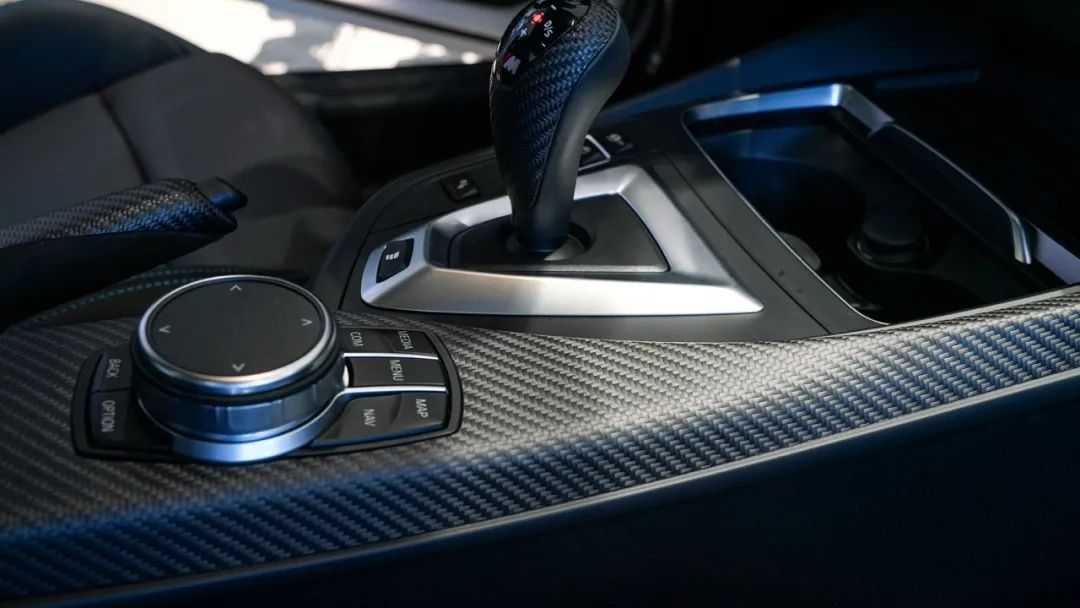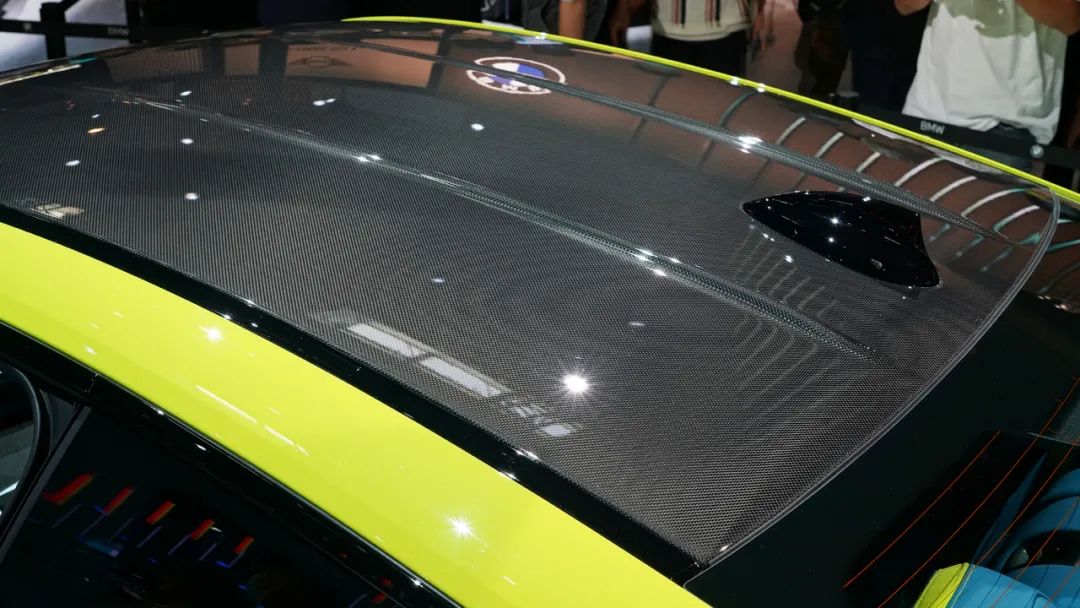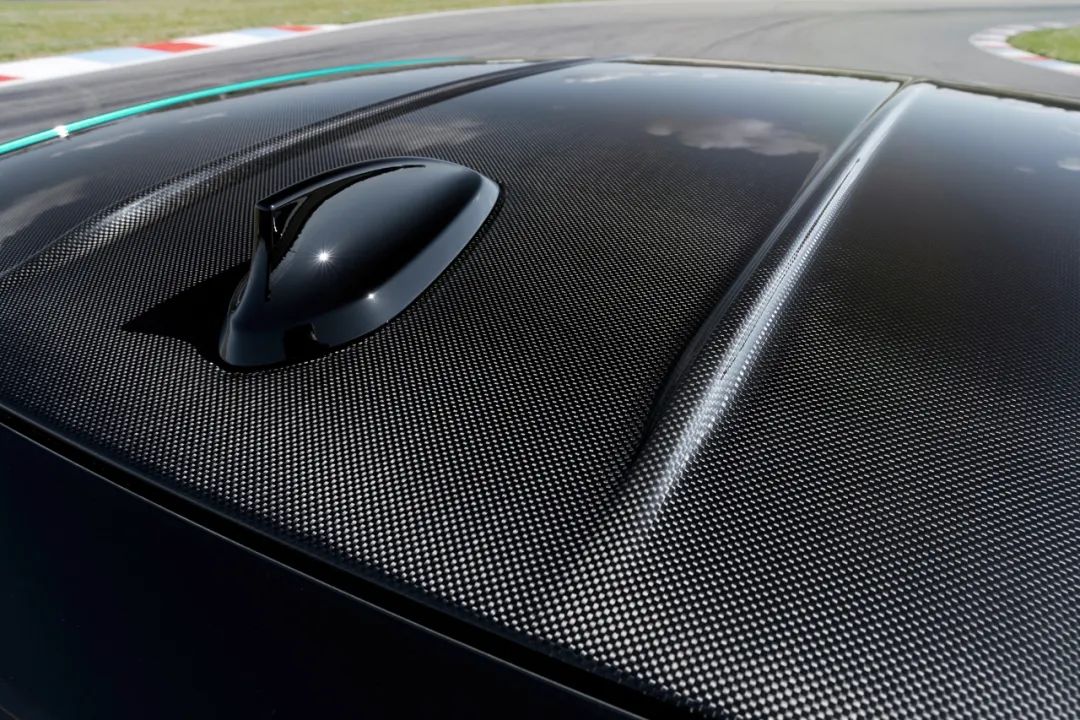Carbon fiber, though priced much higher than regular materials, has emerged as a preferred choice in the automobile industry, especially in high-end vehicles such as BMWs. The reasons behind this transformation are manifold.
Firstly, carbon fiber is significantly lighter than steel or aluminum, enhancing the overall performance of vehicles. With its high strength-to-weight ratio, carbon fiber allows manufacturers to construct cars that are more fuel-efficient, agile, and responsive.
Moreover, carbon fiber is durable and robust, making cars more resistant to damage in the event of collisions. Its flexibility also allows for greater design freedom, enabling manufacturers to create sleeker and more aerodynamic body shapes.
Aside from its technical advantages, carbon fiber also adds an element of luxury and exclusivity to cars. Its distinct texture and appearance are synonymous with modernity and sophistication, attracting discerning buyers who value innovation and style.
Indeed, the initial costs of integrating carbon fiber into car designs are relatively high, but over time, the investment pays off in terms of improved performance, durability, and prestige. Hence, it is no wonder that more and more BMWs are incorporating carbon fiber, making them even more attractive to buyers who demand nothing less than the best.
Post time: Aug-25-2023




